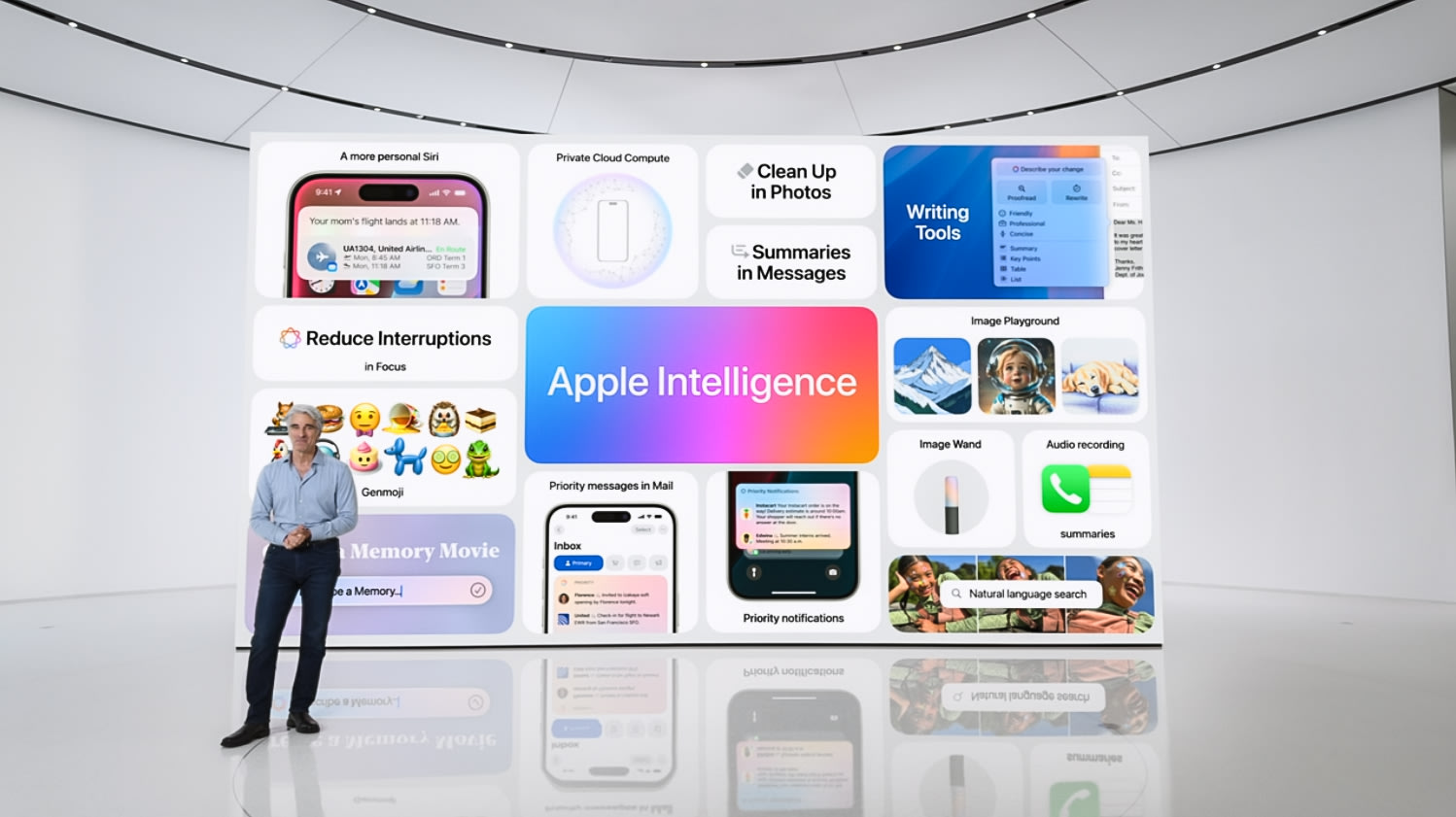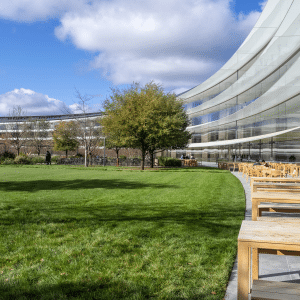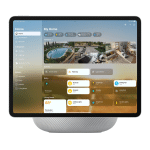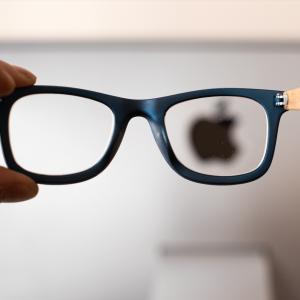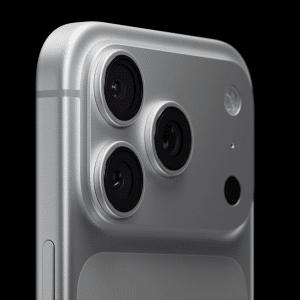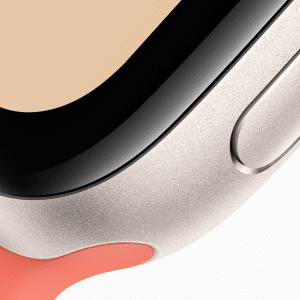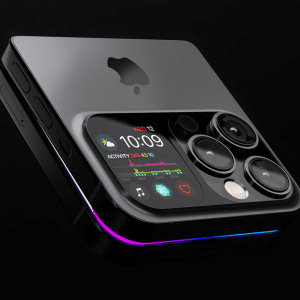To access Apple Intelligence, users will need an iPhone 15 Pro or newer, which will likely prompt many current iPhone owners to upgrade.
Many of Apple’s AI capabilities operate on-device, and currently, only two iPhone models have the necessary power to support these features. However, older iPads and Macs equipped with the required chips can also run these AI functions.
This fall, Apple Intelligence will be available in beta on the iPhone 15 Pro, iPhone 15 Pro Max, and iPads and Macs with M1 or later chips, with Siri and device language set to U.S. English, as part of iOS 18, iPadOS 18, and macOS Sequoia.
Analysts at Wedbush predict that the limited compatibility will drive many users to upgrade to the iPhone 16 models, leading to a significant peak in iPhone sales, known as a supercycle.
“The holy AI grail we see for Apple is twofold looking ahead,” said the Wedbush analysts. First, the rollout of Apple’s AI strategy is expected to catalyze a long-awaited supercycle, with 270 million iPhones out of 1.5 billion worldwide not having been upgraded in over four years.

Second, developers are expected to build hundreds of apps on Apple’s AI stack, in essence creating a new AI App Store that will become the primary way consumers interact with generative AI.
While all announced Apple Intelligence features are currently free on compatible devices, including access to ChatGPT, Wedbush suggests that premium tiers may be introduced in the future.
They foresee the potential for a bundled subscription service for advanced AI capabilities, significantly boosting Apple’s Services segment.
Wedbush also highlights that Apple, Nvidia, and Microsoft are in a close race to reach a $4 trillion market cap, with AI demand driving their growth.
Nvidia’s GPU chips, crucial for AI applications, are likened to new gold or oil in the tech sector as the 4th Industrial Revolution advances.
